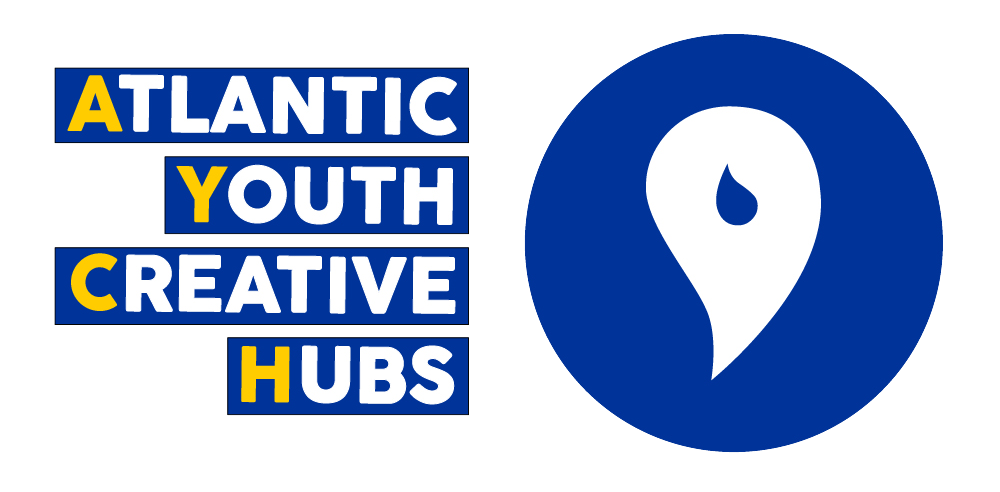Différences
Ci-dessous, les différences entre deux révisions de la page.
| Les deux révisions précédentes Révision précédente | Prochaine révision Les deux révisions suivantes | ||
|
en:prototyping [2019/06/24 16:36] hilda [Sources] |
en:prototyping [2019/06/24 16:36] hilda [What is a prototype?] |
||
|---|---|---|---|
| Ligne 3: | Ligne 3: | ||
| A prototype is a draft version of a product, service or space. It allows you to explore your ideas and show the intention behind a feature of your concept or the overall concept. A prototype can be quick and rough (low fidelity) or detailed in their shape and functions (high fidelity). A prototype can be anything from a drawing to a highly functional model of your concept. | A prototype is a draft version of a product, service or space. It allows you to explore your ideas and show the intention behind a feature of your concept or the overall concept. A prototype can be quick and rough (low fidelity) or detailed in their shape and functions (high fidelity). A prototype can be anything from a drawing to a highly functional model of your concept. | ||
| - | The d.school defines a prototyping as "getting ideas and explorations out of your head and into the physical world. A prototype can be anything that takes a physical form – be it a wall of post-it notes, a role-playing activity, a space, an object, an interface, or even a storyboard." | + | The d.school defines the prototyping process as "getting ideas and explorations out of your head and into the physical world. A prototype can be anything that takes a physical form – be it a wall of post-it notes, a role-playing activity, a space, an object, an interface, or even a storyboard." |
| ==== Why prototyping ? ==== | ==== Why prototyping ? ==== | ||
| Prototyping at different stages of your creative process will allow you to: | Prototyping at different stages of your creative process will allow you to: | ||



